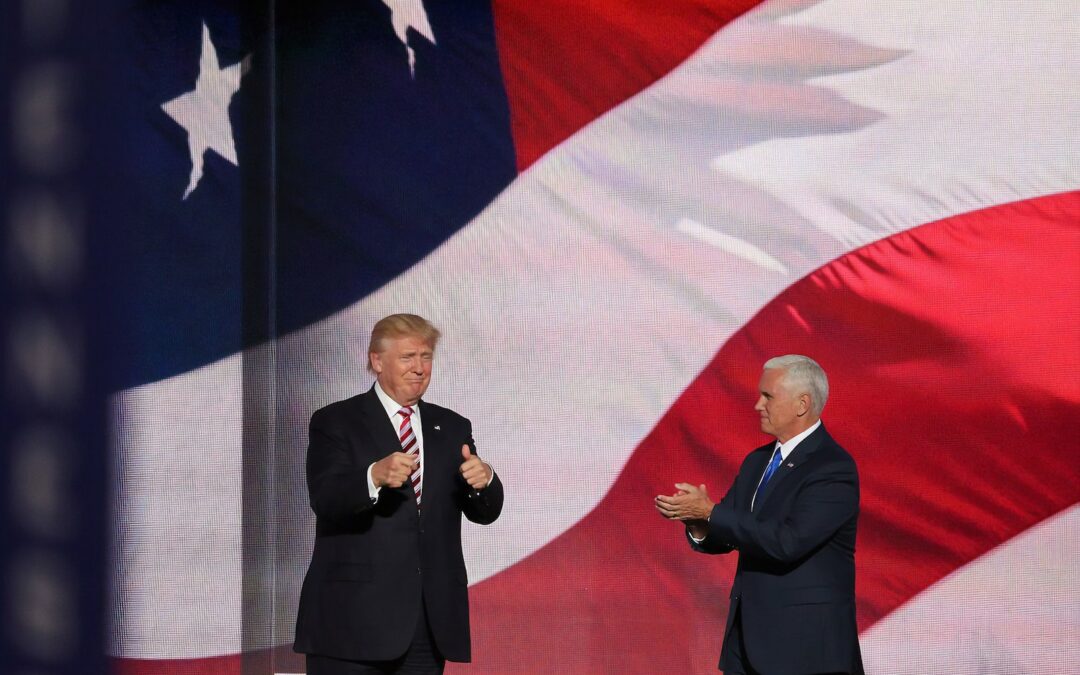Virtually every nation that began as a colony and gained independence has benefitted from having an open economy, as opposed to those opting for closed, “protectionist” trade policies. There is a mountain of evidence demonstrating that closed economies carry several problems that negatively affect their citizens, and many are unaware that the damage is not only applicable to the wealthy and powerful, but rather extends to its working-class citizenry on a local level. In the case of the Trump Administration, every day that passes takes us one step closer to a closed economy, and Americans living abroad are seeing first-hand the global damage being done by the U.S. threatening new tariffs and striving for unilateral trade demands.
Let’s be clear: a wide range of respected economists agree that Trump’s tariffs will hurt most Americans. The United States was – and still is – interdependent with the global economy. Despite the financial crisis of the Depression era, it taught us many lessons about economics, markets, trade, and tariffs. The United States has traditionally thrived in being one of the most prosperous industrialized nations, but now risks remaining economically competitive and reminds us of the threats brought on by the Depression era.
Incredibly, the President’s policies reversed America’s long, slow shift toward a more open economy. Economists, the Democratic Party, and the American people fully realize what the Trump Administration is currently doing on trade and tariffs. Mr. Trump believes he is all-knowledgeable on business deals, but it is clear his business experience has led to policies which are beneficial to the top 1 percent of income earners and Wall Street, and not the workers and families of Main Street.
Furthermore, as the Trump Administration pushes us further toward a closed economy, its trade policies will inevitably continue to affect other issues such as migration. The administration is already indirectly raising the cost of goods and services through tariffs, but basic economics tells us that when prices start to rise, inflation follows suit. This is significant because the purchasing power of the American people is decreasing nowadays. After all, prices are higher for imported goods and services. As economists, academics, and others who understand what is currently happening by the Trump Administration have warned us of an economic slowdown, it is imperative that we act now to avoid the emotional strain of America’s families having to somehow get by on worse trade deals and tariffs. Protectionist economies do not allow for fair economic competition to maintain a balance in prices; it only creates an extremely nationalist economy that is not able to compete with other free-market economies to become more efficient, more innovative, and maintain sustainable growth over time.
Not surprisingly, absent from the administration’s trade playbook is how it intends to help the lowest-earning Americans from being affected by teasing new tariffs on China and Mexico. Meanwhile, America’s labor unions are waiting to see what worker protections will be included in any of the administration’s trade deals and immigrant asylum-seekers held in Mexico’s detention centers are likely to flood its judicial system in the so-called “Remain in Mexico” policy orchestrated by the two countries.
To summarize, this administration is creating 3:00 A.M. Policies on Twitter and not having a serious discussion with the American people in explaining the rationale for aggressive tariffs which will hurt Americans both domestically and abroad. This administration continues to not be transparent in detailing trade plans, despite Mr. Trump claims to have “unprecedented” negotiating skills. And while this administration’s rhetoric is about promoting the protection of American workers, evidence shows that the only stakeholders who have the president’s ear are his campaign donors.
For these reasons, I would invite every U.S. Citizen to think about the damage that our country is experiencing with Donald Trump’s trade and tariff policies, unless, of course, America’s citizens are yearning to experience another economic slowdown.

